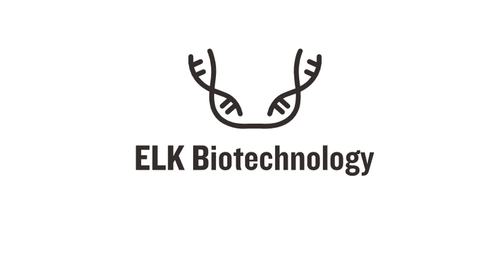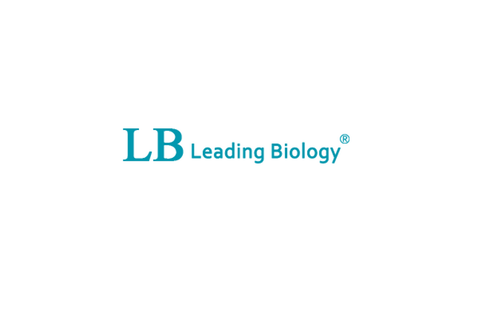Product Description
Human Phosphatidylinositol-glycan biosynthesis class F protein (PIGF) ELISA Kit | AE27512HU | Abebio
Species Reactivity: Human (Homo sapiens)
Abbreviation: PIGF
Alternative Name: MGC32646; MGC33136;
Application: ELISA
Range: 31.25-2000 pg/mL
Sensitivity: 7.81 pg/mL
Intra-Assay: ≤5.3%
Inter-Assay: ≤7.8%
Recovery: 0, 9
Sample Type: Serum, Plasma, Other biological fluids
Detection Method: Sandwich
Analysis Method : Quantitive
Test Principale: This assay employs a two-site sandwich ELISA to quantitate PIGF in samples. An antibody specific for PIGF has been pre-coated onto a microplate. Standards and samples are pipetted into the wells and anyPIGF present is bound by the immobilized antibody. After removing any unbound substances, a biotin-conjugated antibody specific for PIGF is added to the wells. After washing, Streptavidin conjugated Horseradish Peroxidase (HRP) is added to the wells. Following a wash to remove any unbound avidin-enzyme reagent, a substrate solution is added to the wells and color develops in proportion to the amount of PIGF bound in the initial step. The color development is stopped and the intensity of the color is measured.
Product Overview: PIGF encodes 1 of the enzymes involved in glycosylphosphatidylinositol (GPI) anchor biosynthesis. The primary biochemical defect in paroxysmal nocturnal hemoglobinuria (PNH), an acquired hematologic disorder with protean clinical manifestations including recurrent episodes of hemolysis, infections, and venous thrombosis, involves defective synthesis of GPI anchors that attach certain proteins to the cell surface membrane. Proteins with appropriate C-terminal signal peptides are transferred to the preformed glycolipid anchor in the endoplasmic reticulum and transported to the cell surface as a single unit; in PNH, there is a defect in GPI-anchor biosynthesis and an absence of all surface proteins that use this anchoring motif.
Stability: The stability of ELISA kit is determined by the loss rate of activity. The loss rate of this kit is less than 5% within the expiration date under appropriate storage condition. The loss rate was determined by accelerated thermal degradation test. Keep the kit at 37°C for 4 and 7 days, and compare O.D.values of the kit kept at 37°C with that of at recommended temperature. (referring from China Biological Products Standard, which was calculated by the Arrhenius equation. For ELISA kit, 4 days storage at 37°C can be considered as 6 months at 2 - 8°C, which means 7 days at 37°C equaling 12 months at 2 - 8°C) .
 Euro
Euro
 USD
USD
 British Pound
British Pound
 NULL
NULL








